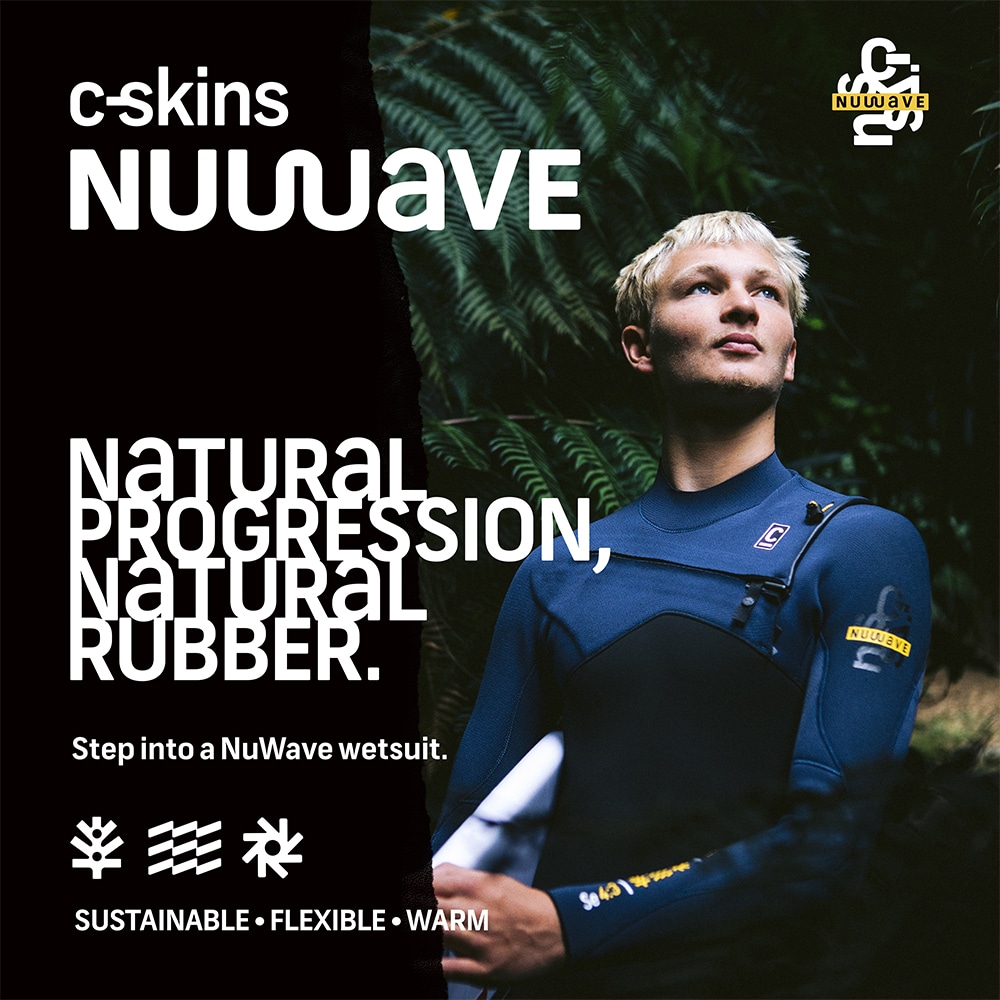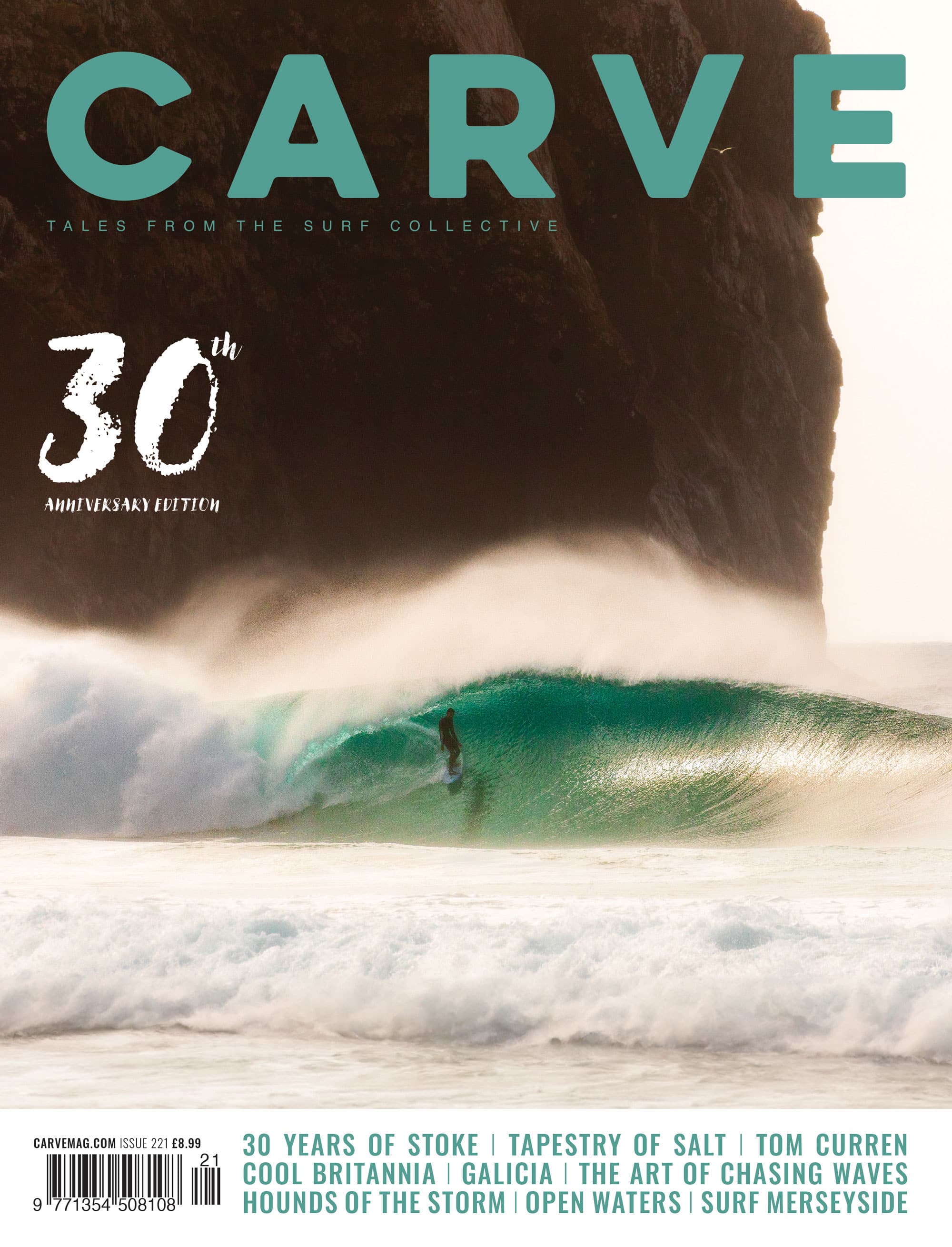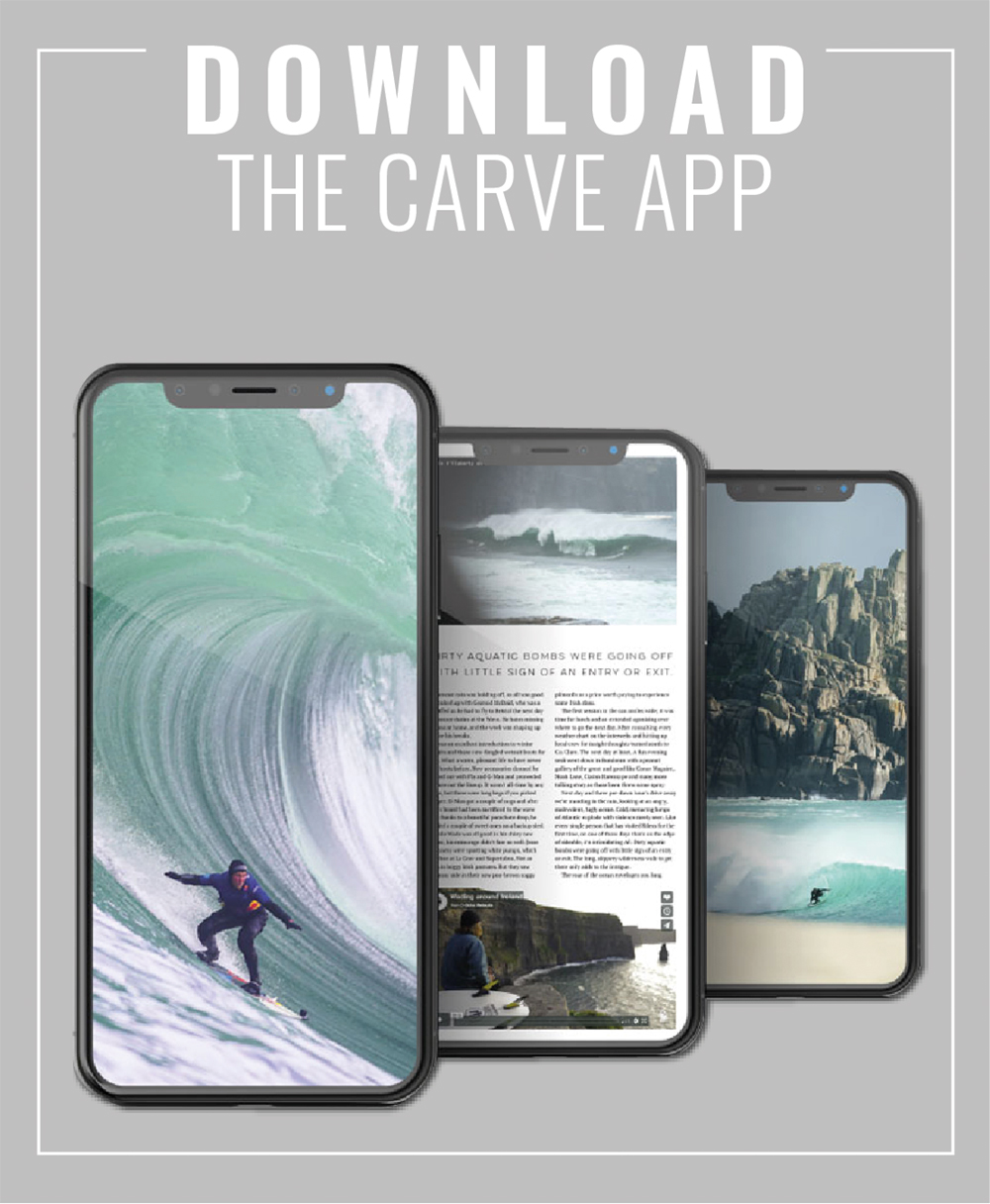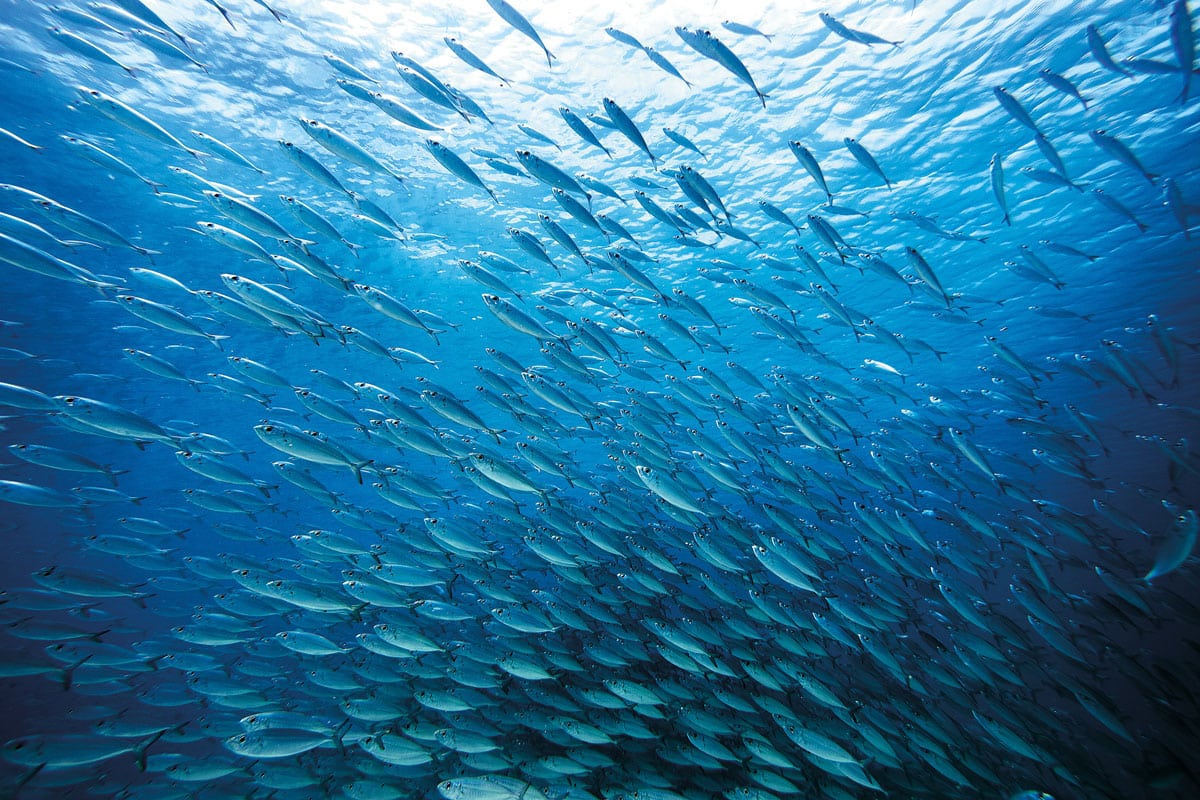
European call for governments to end bottom trawling, starting with an immediate ban in marine protected areas and inshore zones.
Patagonia launches a global environmental campaign, focused on ocean protection and restoration. Through a series of films, website, petition, and events across Europe, Patagonia will mobilise individuals and call on governments to end bottom trawling, starting with an immediate ban in marine protected areas and inshore zones.
Campaign partners for Europe include NGOs Bloom, Blue Ventures, Client Earth, Environmental Justice Foundation, Oceana, and Seas At Risk.
Connecting us through food, culture and sport, our shared ocean is the home of amazing, abundant life, and is also a powerful climate solution. Yet the practice of bottom trawling threatens to destroy this precious resource—bulldozing our ocean floor, undermining small-scale fisheries, and deepening the climate crisis.
Bottom trawling is one of the most damaging practices that humans inflict on our oceans, destroying seabed ecosystems, overfishing, and indiscriminately killing everything from turtles and rays to sharks.
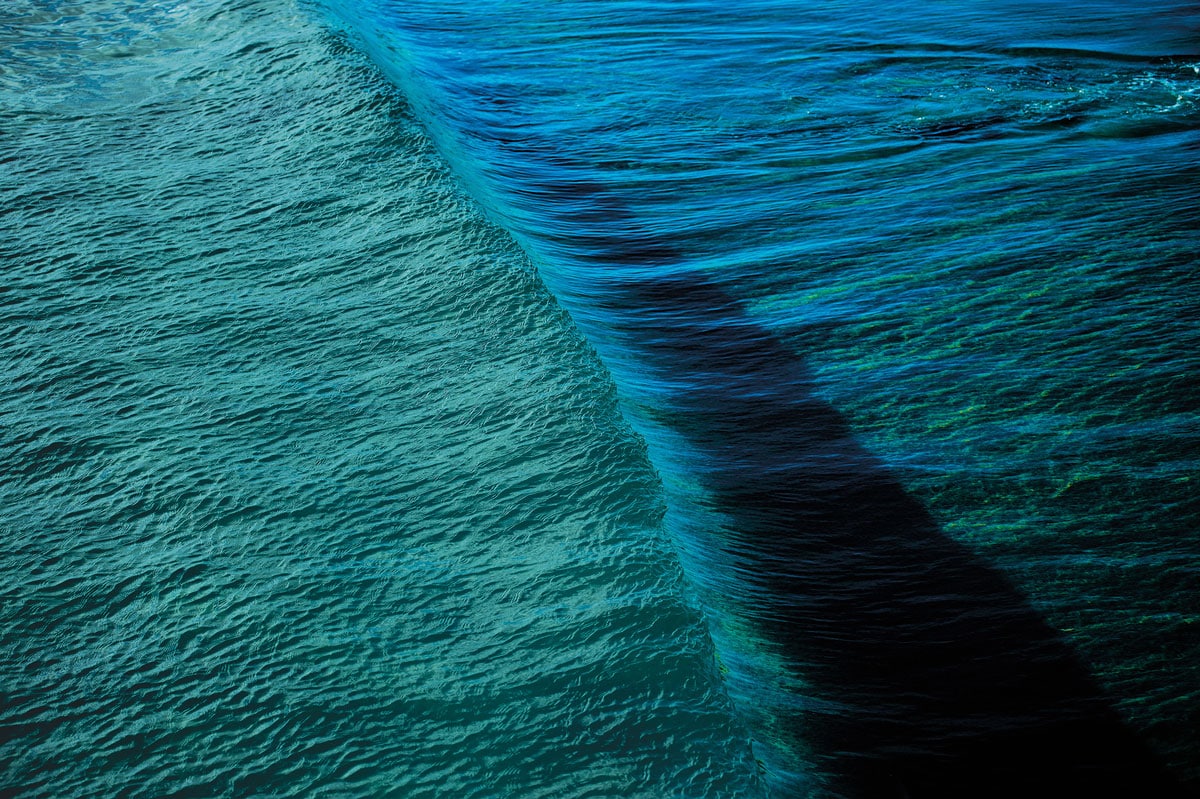
It has an enormous climate impact too. Dragging nets along the seabed uses more fuel and produces four times more emissions than other types of fishing. It disturbs carbon-absorbing sediment and eradicates the marine plants and animals that take in carbon from the atmosphere. Oceans absorb a quarter of all the carbon dioxide that we produce, yet the practice of bottom trawling threatens to destroy this precious resource. We must protect our ocean so it can protect us.
In place of this destructive, industrial practice, Patagonia is using the campaign and films to promote regenerative alternatives such as 3D ocean seaweed farming and restoring seagrass. With small-scale, low impact fishers making up around half of Europe’s fishing workforce, often impacted by bottom trawling, it is also offering them a platform and calling for them to be supported in the necessary transition.
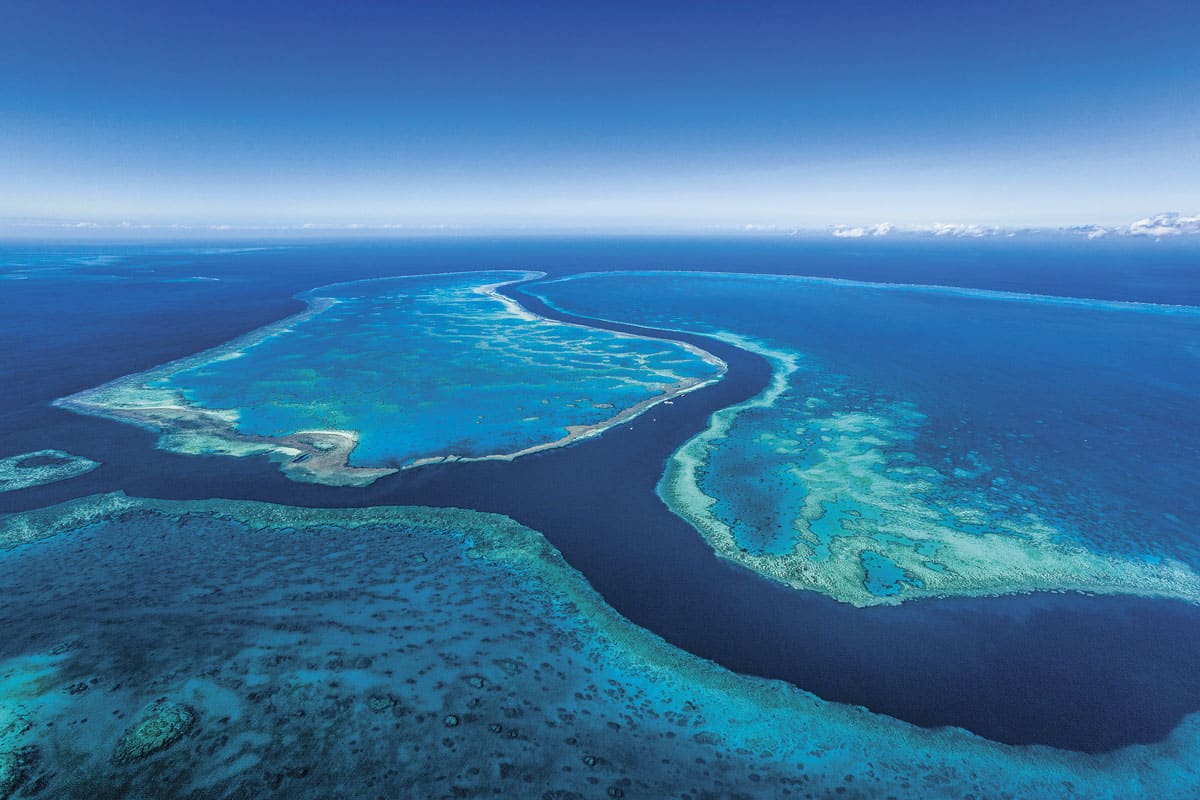
The campaign launches at a critical moment for Europe’s marine protection with an escalating biodiversity crisis and heated debate ensuing on Europe-wide initiatives such as the Nature Restoration Law and Ocean Action Plan.
The series of eight short documentary films will tell the stories of people around the world, from South Korea and Chilean Patagonia to Portugal and Wales, as they take matters into their own hands and show us how we can work with, not against, our ocean.
Films telling European restoration stories include:
• For the Love of the Sea – the story of Nikki Spill of The Seaweed Farmers who is partnering with Câr y Môr, the first community-owned regenerative ocean farm in Wales.
• Madre Mar focuses on marine biologist Raquel Gaspar and a group of local fisherwomen who are restoring the seagrass meadows of the Sado Estuary Natural Reserve in Portugal, against damage done by bottom trawling.
• The Custodians follows the work of four locals from the West Coast of Scotland, who are reclaiming their natural coastlines, restoring wildlife and creating sustainable industries.
The films will be touring Europe this summer, at a series of free events featuring expert panels, music and stories.
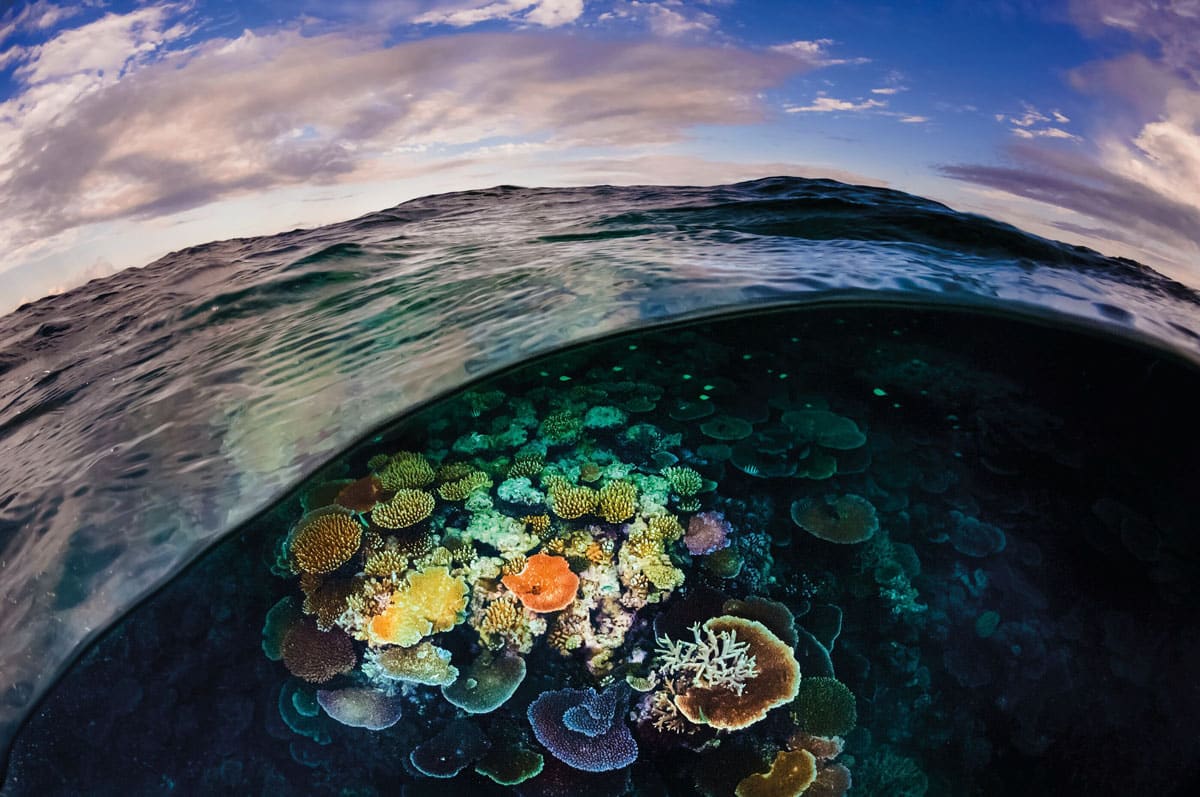
Beth Thoren, environmental action & initiatives director, EMEA, Patagonia, says: “Throughout my life, I have always felt connected to the ocean, from my early career as a ship engineer to, later, being a crew mate on a Sea Shepherd boat, fighting whale hunting in Antarctica. But I am not alone. Wherever we are, every second breath we take comes from the ocean. It is imperative that we protect this precious and fragile resource, so it can protect us.
“Our European leaders have the power in their hands to make lasting positive change by stopping bottom trawling and supporting a just transition to practices that restore the ocean. We’re asking ocean defenders everywhere, from surfers, swimmers and those who simply love to walk or paddle at the beach, to coastal communities and fishers, to link arms and send the message that we care.”
Learn more and sign the petition at eu.patagonia.com/oceans.

